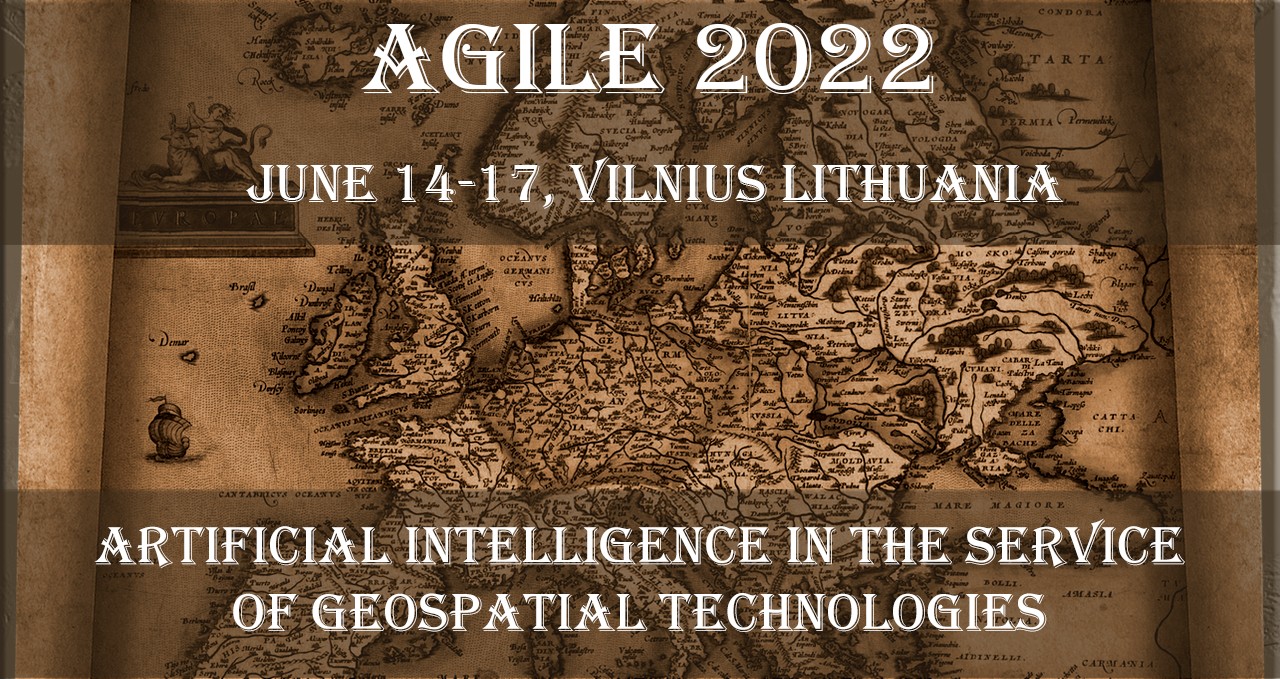
Accepted papers
|
Paper |
AGILE 2022 papers |
|
number |
Full papers |
|
3 |
|
|
4 |
|
|
5 |
Jean-Marie Favreau and Jérémy Kalsron. What are intersections for pedestrian users? |
|
6 |
Eva Nuhn, Franziska König and Sabine Timpf. "Landmark Route": A Comparison to the Shortest Route |
|
7 |
|
|
8 |
Lasith Niroshan and James Carswell. Machine Learning with Kay |
|
9 |
|
|
10 |
|
|
11 |
|
|
12 |
|
|
13 |
|
|
14 |
|
|
15 |
|
|
16 |
|
|
17 |
|
|
18 |
|
|
19 |
|
|
20 |
|
|
22 |
|
|
23 |
|
|
24 |
|
|
26 |
|
|
Short papers |
|
|
27 |
|
|
28 |
|
|
29 |
|
|
30 |
|
|
31 |
|
|
32 |
|
|
33 |
|
|
34 |
|
|
35 |
Jesus Rodrigo Cedeno Jimenez, Pengxiang Zhao, Ali Mansourian and Maria Antonia Brovelli. Geoblockchain: Geospatial Blockchain: review of decentralized geospatial data sharing systems |
|
37 |
|
|
38 |
|
|
39 |
|
|
41 |
|
|
44 |
|
|
47 |
|
|
48 |
|
|
49 |
|
|
50 |
|
|
52 |
|
|
54 |
|
|
55 |
|
|
56 |
|
|
57 |
|
|
58 |
|
|
60 |
|
|
61 |
|
|
62 |
|
|
63 |
|
|
64 |
|
|
65 |
|
|
66 |
|
|
67 |
|
|
68 |
|
|
69 |
|
|
70 |
|
|
71 |
|
|
72 |
|
|
73 |
|
|
74 |
|
|
76 |
Evelyn Uuemaa and Alexander Kmoch. Teaching geoinformatics: challenges and opportunities |
|
77 |
|
|
78 |
|
|
79 |
|
|
81 |
|
|
Posters |
|
|
36 |
|
|
40 |
|
|
43 |
|
|
45 |
Alpo Turunen. Rule-Based Quality Assurance Tool for 3D Buildings |
|
46 |
|
|
51 |
|
|
53 |
|
|
59 |
|
|
75 |
|
|
80 |
